Just take the first step – and the rest will follow
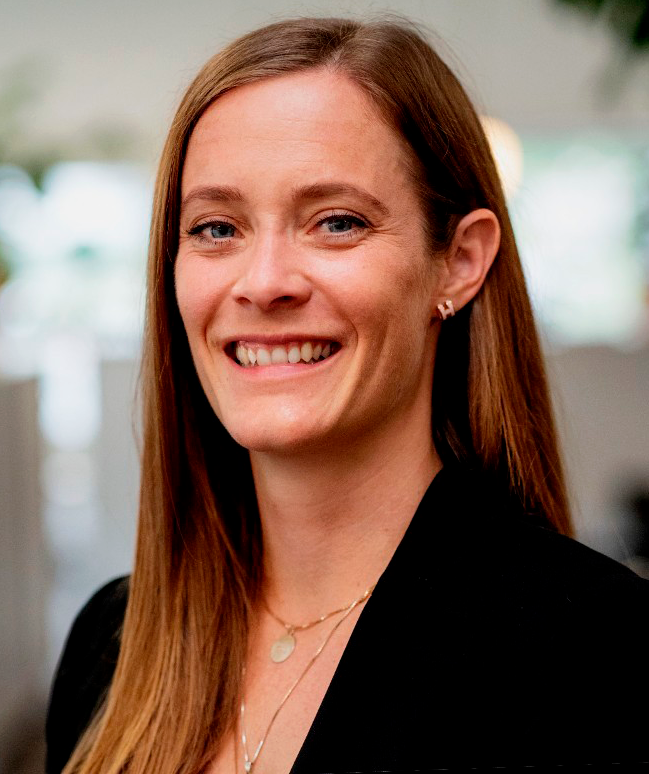
(Private photo of Lea Riis Jensen)
"Studying at an institute of higher education is not on the cards for everyone. I trained as a social and healthcare worker when I was 19 years old and now I have a master's degree in Human Resource Management. That meant I had a different background to many others on my programme, but that only creates positive input if you dare to use your experience and are proud of not taking the traditional route," says Lea Riis Jensen. She is a former CBS student and for years she thought she was never going to complete an education at a university. In this article she writes about her doubts about ever finishing the education of her dreams.
We can’t say it enough. It is okay, if not downright beneficial, for a career path to be non-linear, and not at all unusual for both ambition levels and competencies to change with maturity and experience.
About 16 years ago, when I was in a student counsellor’s office deciding which course was right for me, I didn’t choose high school.
That was perhaps one of the only things that I, my teachers, my parents and the student counsellor could all agree on. Neither my motivation nor my grades pointed in that direction. So, then what?
I was brought up with a 'working mentality' by a father who was a barber and a mother who was a nurse
Lea Riis Jensen
I was never pushed to study or work at anything I didn’t want to.
But I had to get up in the morning. So, I seized the most obvious future prospect and told the lady with the page haircut that I wanted to be a nurse – like my mother.
At that time, the only way to get into nursing school without a high-school diploma was to become a trained social healthcare assistant (social- og sundhedsassistent) first, and then apply to Metropol (now Københavns Proffesionshøjskole).
I have a different way of understanding people
Three years later, at the age of 19, I had a diploma in my hand and no longer wanted to be a nurse. I decided to take a full-time job,
because I had actually become a bit hooked on psychiatry and certainly didn’t want to keep studying.
I started as a care helper at a social-psychiatric residential centre, where we were a small team whose primary task was to rehabilitate long-term patients from Sankt Hans Hospital (from addiction) and forensic psychiatry, respectively.
I loved it and was good at it. My curiosity about people’s individual potential and unique models of understanding came into its own and developed.
I had found my niche and discovered that I had a different, empathetic and trusting way of understanding and approaching other people, according to feedback from my manager, colleagues, residents and their relatives, not to mention my own private network.
It was a strength that I have applied actively ever since and have subsequently mentioned at many job interviews. That was an important period that certainly helped define who I am today.
Needed theory to understand practice
My desire to understand human behaviour, our thought patterns and perception germinated there.
I studied these aspects every day in practice but lacked some theoretical tools to understand them.
As a result, I decided to quit my job and apply for a HF (Higher Preparatory Examination) with the aim of studying psychology. Goodness knows it was a difficult choice as I had spent the previous 16 years trying not to be a ‘bookworm’.
This basic assumption was confirmed when I told my psychology teacher at Gentofte Studenterkursus that I wanted to study psychology at university, and she told me that I was probably more practical and less suited to studying the subject as a discipline.
That bothered me. She was the same person who had given me top marks in the subject, so why did she doubt that I could graduate?

A long and winding road to becoming a student
I spoke to another teacher whom I really liked and also felt was trying to steer me away from university.
However, she achieved that goal by showing me the way to the psychiatric nurse’s office, where I completed a two-year internship, despite protocol, in the district psychiatry office, accompanying her husband, who was a psychiatric nurse.
It was both exciting and educational, and I wonder from time to time about it with conflicting emotions.
Her intentions were good, and I felt special because she had chosen to go the extra mile for me. However, I also felt that she was attempting to divert my attention away from university. Whatever her plan, I remember the experience – because it made an impression.
The two years passed, and I finished with a grade that was well above average – much better than previously in school, but not high enough to get me into psychology, which at that time required an average of 11.2 out of 12.
I applied for quota 2 (which includes life experience along with grades) twice but failed the entrance exams both times.
Here goes nothing
When the disappointment had finally subsided, like many others, I chose to study psychology at Roskilde University.
Here, I would not graduate with the title of clinical psychologist, as I had dreamed of, but I would still be working with psychology. So, I chose to go with the flow.
Studying at university was very different. That surprised me. It was not really the academic level that surprised me, rather that the way of communicating and discussing was unfamiliar.
I didn't really think I belonged in an institute of higher education. Yet I did
Lea Riis Jensen
The ability to approach psychological and societal challenges from many different perspectives and approaches fascinated and inspired me.
As almost everyone knows, RUC is built on a socialist foundation where group work plays a key role.
As a social being, I enjoyed being among so many people, but also found it difficult dealing with all the opinions and insights that had to be united, accepted and respected.
This may sound like a given, but it could sometimes be difficult when assessing a finished product.
On a business path
Business studies ended up as my second subject (at RUC you can combine two subjects for your bachelor’s degree).
The development of human potential and understanding human beings were still the focal points, but now my ‘field of interest’ had simply moved from vulnerable individuals in psychiatry to employees in organisations.
Now I don’t intend to map the entire curriculum or content of the subject, but the business and economic approach created a perspective that had not held my interest.
I am glad I came to know and understand it, as it would later prove to be an essential decision-making basis for many actions in business.
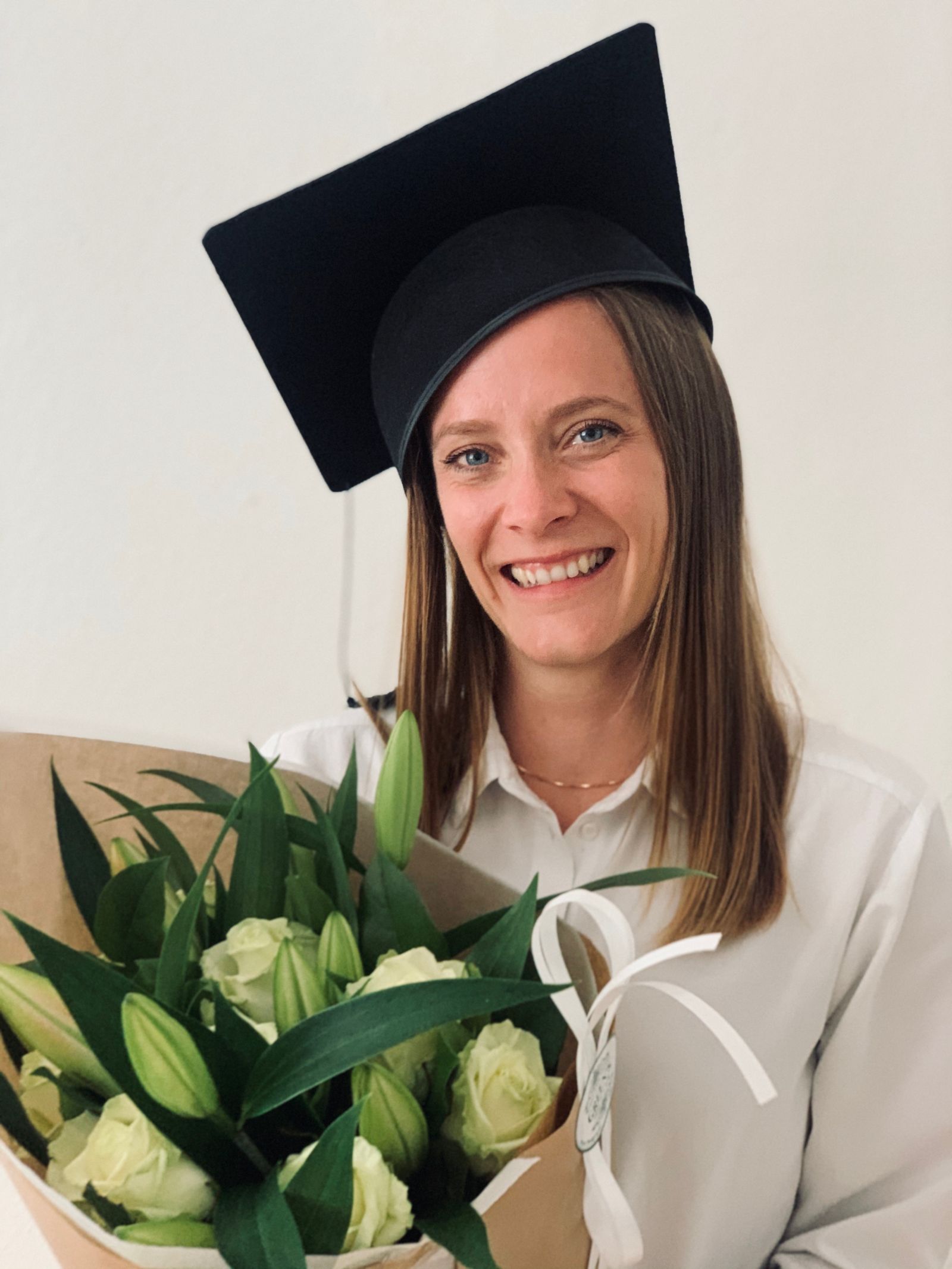
Sudden interest in HR
I am prompted to say that it also changed my political stance, as my focus on social and business economics and priorities increased.
However, leaving that aside, the combination of psychology and business studies ended up forming the perfect foundation for working in HR.
That is, working with ‘human resources’, a company’s primary resource – its employees. Wanting a more practical and specialised education, I applied to the HRM programme at CBS.
For the first time in my entire school career, I actually read the curriculum
I ended up with the best grades I had ever had
Lea Riis Jensen
Without wanting to be seen as yet another person focusing on grades and the performance culture, I was proud that my grades were rising along with the level of my education.
I’ve never achieved a higher level – and never had a higher grade average.
It changed my understanding of myself as a practitioner, because now it was in black and white that I actually belonged at university.
Ended up where I belonged
I had my qualifications and was skilled at analysing and assessing HRM issues. But without ‘blowing my own trumpet’ too hard, let me get to the point that although it wasn’t exactly on the cards for me to attend university, let alone graduate in a more than satisfactory manner, I did.
I am incredibly proud and grateful that I dared to take those first tentative steps in that direction and I now happily occupy a position as a recruitment consultant at a private company.
In my current position, my primary task is to attract, recruit and retain staff in the field of psychiatry – the very same field where I started out.
I would certainly never have expected that to happen when I started studying just over seven years ago. So just go on and take the first step – and the rest will follow.


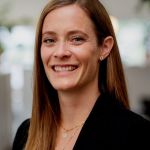
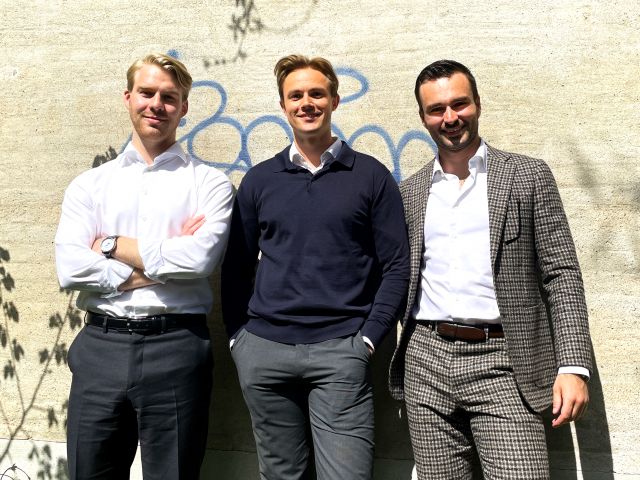
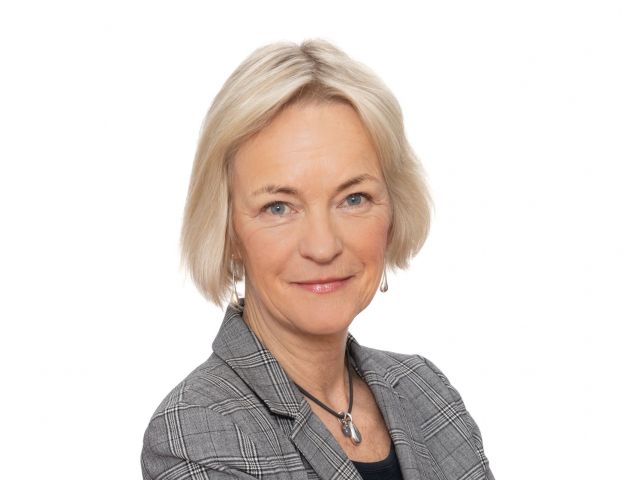
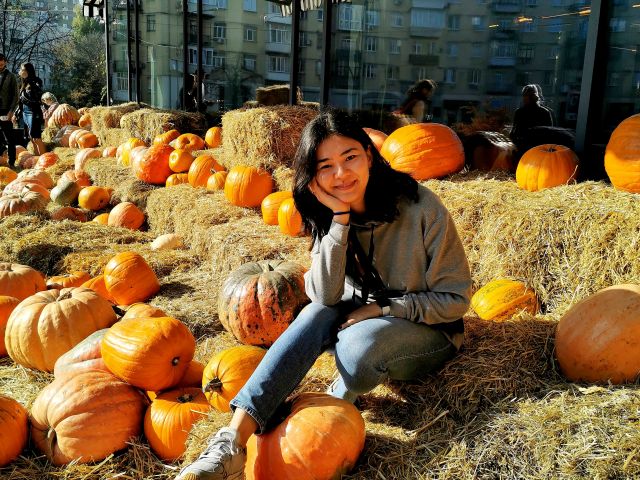

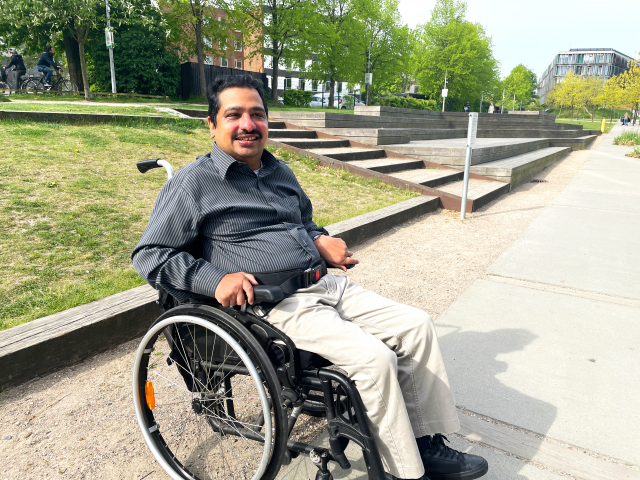

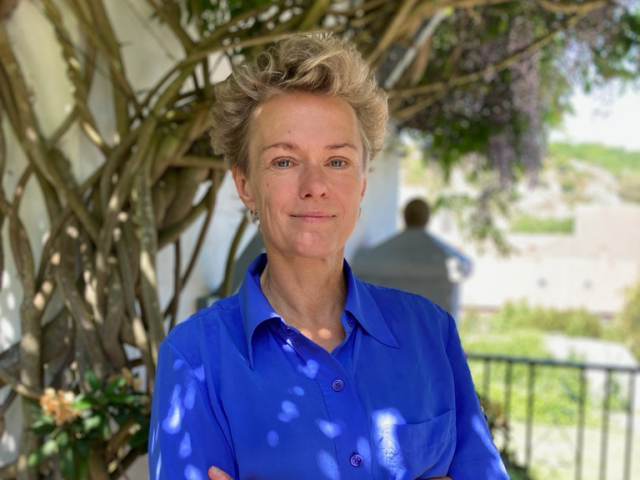




























































































































Comments